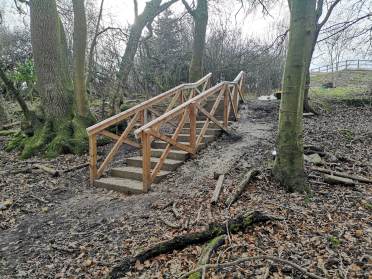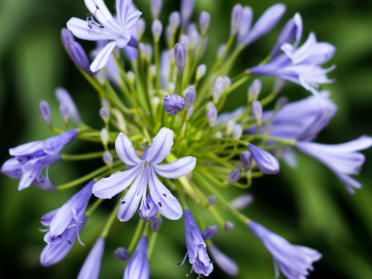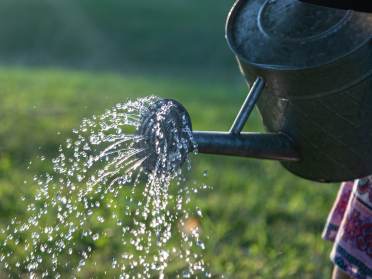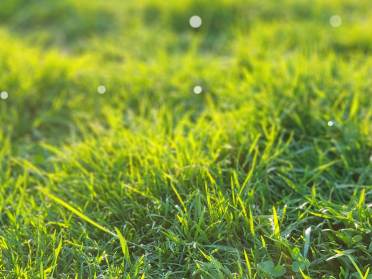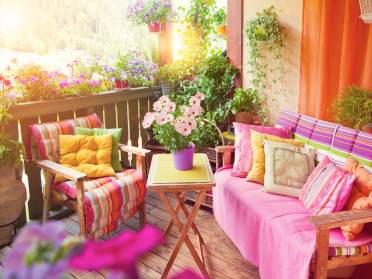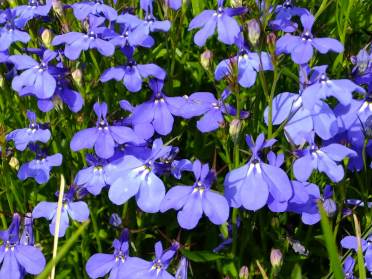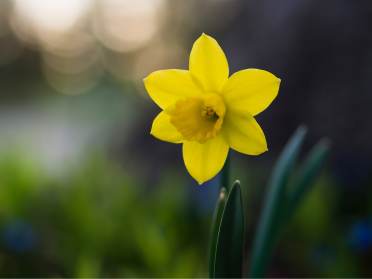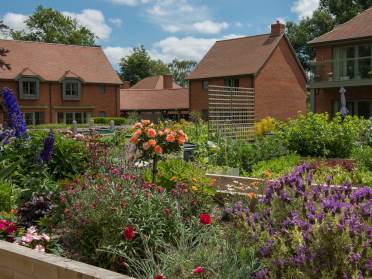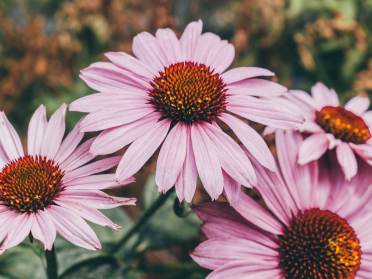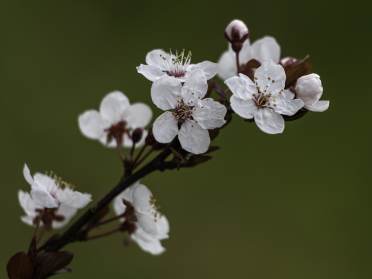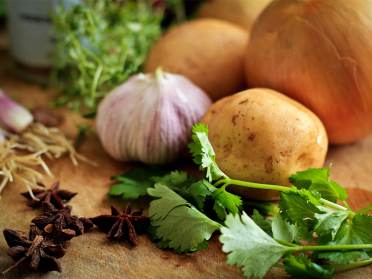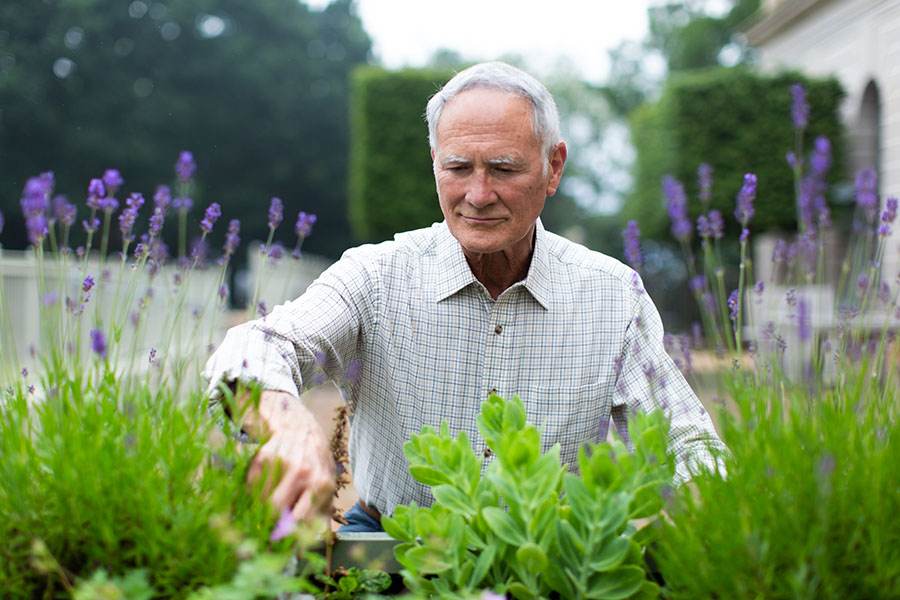
Mark Dwelly has been the Head Gardener at Audley Stanbridge Earls since 2016 when Audley took over the site. Previously Stanbridge Earls was a school and Mark worked there from 2005, maintaining the grounds and gardens.
Mark’s interest in gardening began on the golf course which inspired some work experience learning the basics of green keeping, and a part-time job in a garden center. He finished school and went to horticulture college, spending a year working for Crystal Palace Football Club as part of his course.
After college, Mark worked at a private school in Surrey looking after the grounds and gardens, before relocating to Hampshire and working at Stanbridge Earls in 2005.
“I enjoy my job, Audley are good to work for and I like the freedom of being outside with the elements and being creative. I have lots of plans to help make the grounds at Audley Stanbridge Earls even better.”
Mark’s top allotment tips:
Soil care:
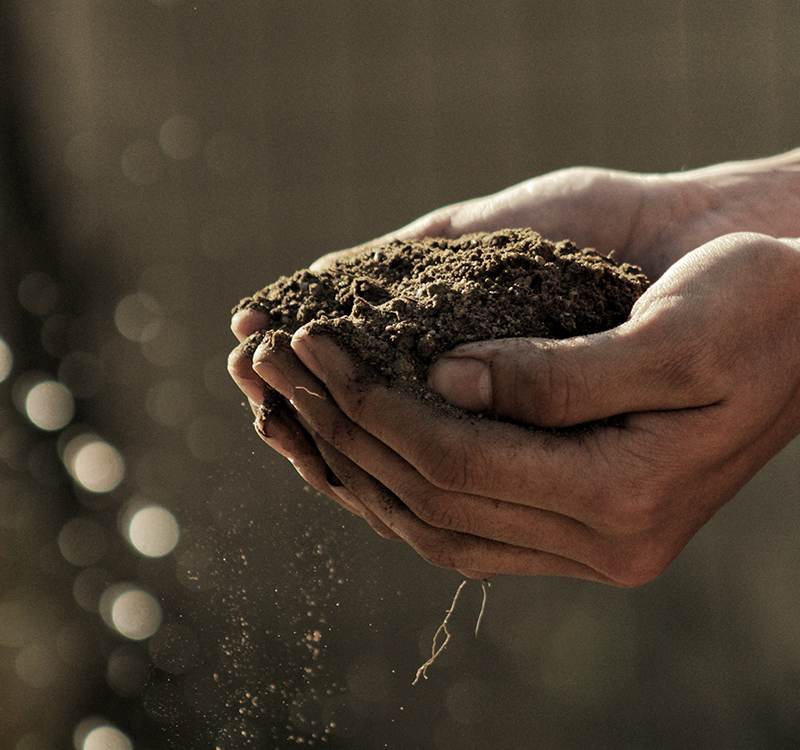
Mulch: Having a good mulch (organic matter made up of grass cuttings, leaves and branches) on top of the soil can help retain moisture which will help in hot/dry periods. Mulching also helps improve soil health, reduces weed growth and can protect plants from pests amongst other uses.
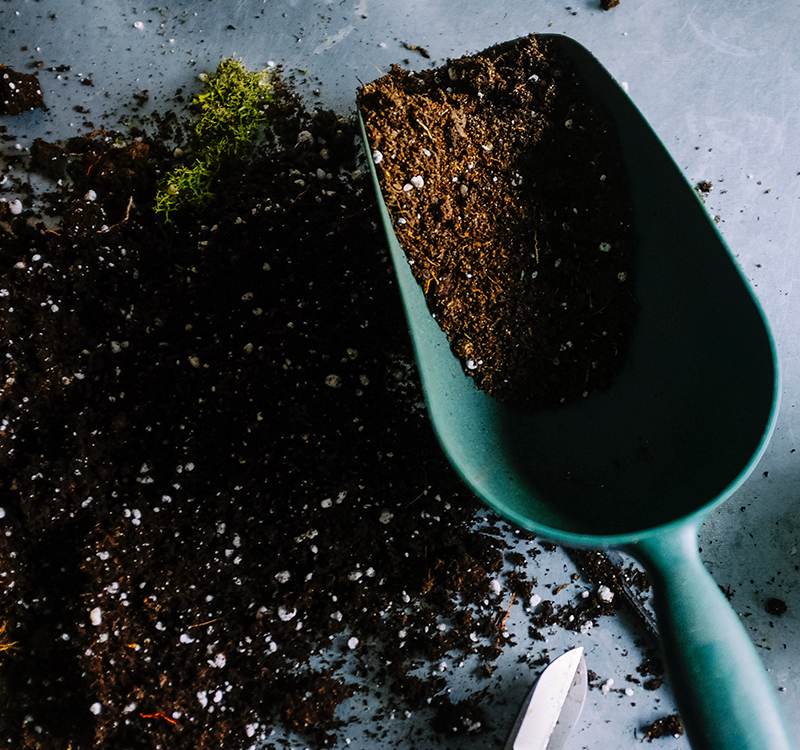
Pest control: The smell using old tea bags and coffee granules in amongst plants can discourage pests and vermin.
Weeding: Keep the weeds down by using a hoe, making sure it is nice and sharp.
Create your own compost heap: Depending on the size of your allotment, you can create your own compost heap using old pallets. Compost is made from green materials (grass clippings, fruit and vegetable peelings, annual weeds and old bedding plants) and brown materials (cardboard, straw and sawdust, and leaves).
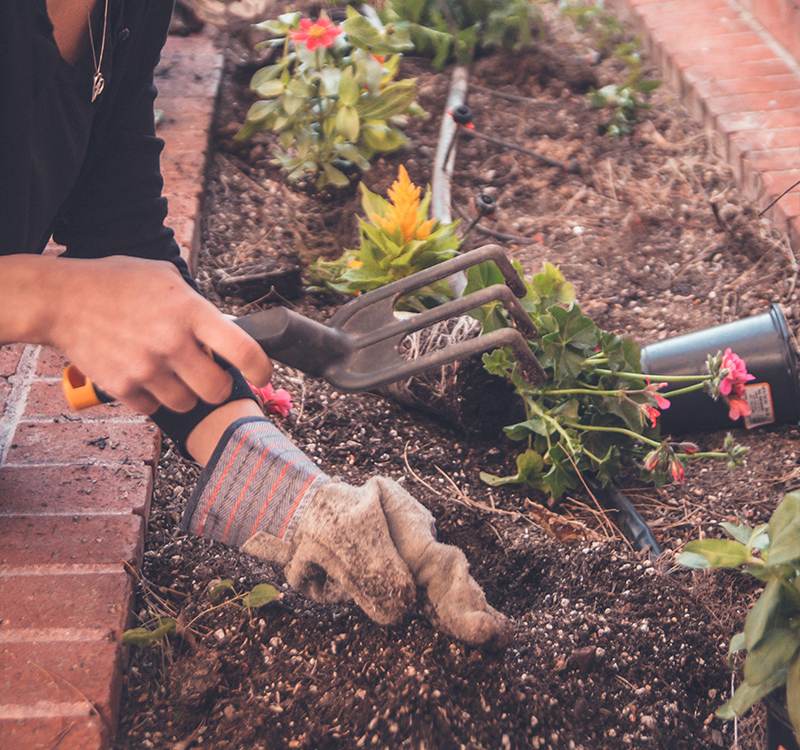
Planting:
Create mini raised beds: If you grow an assortment of vegetables in your allotment, to keep them separate you could create mini raised beds. This also enables better access to your various crops making it easier to maintain and harvest.
Plant runner beans: July is a good time to plant young runner bean plants, whether you have grown them from seed or purchased them from a garden center. You will need long bamboo canes (or ideally hazel stems as plants grip to them better) to support the bean stalks as they grow.
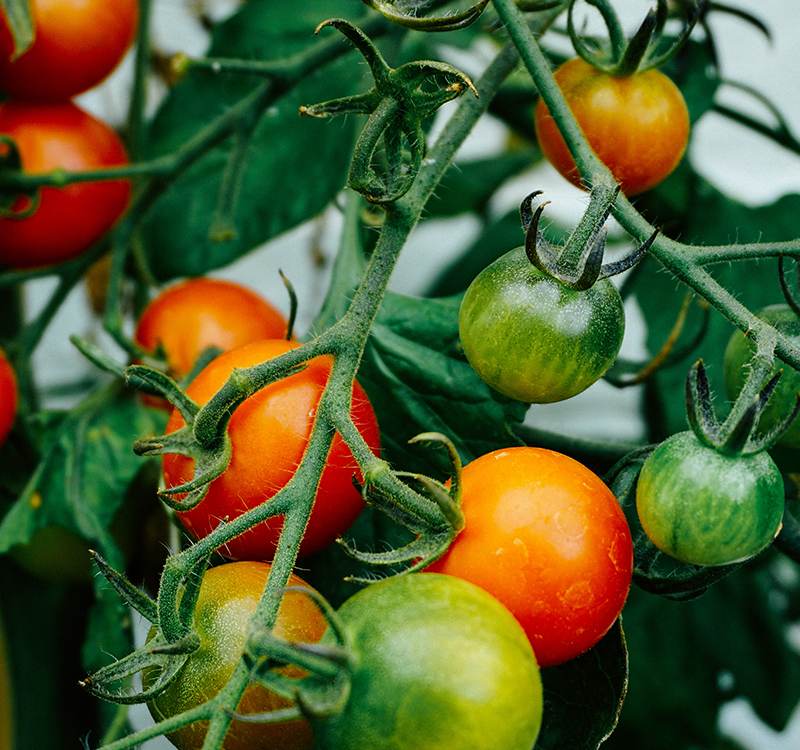
Courgette, squashes, cabbages and cauliflowers can also be planted out into their final positions: Also keep these netted to stop the pests from getting in.
Peppers and tomatoes are always a winner in allotments: You might just about get away with planting them now by buying good healthy plants from your garden center. Alternately it’s something to prepare for next year.
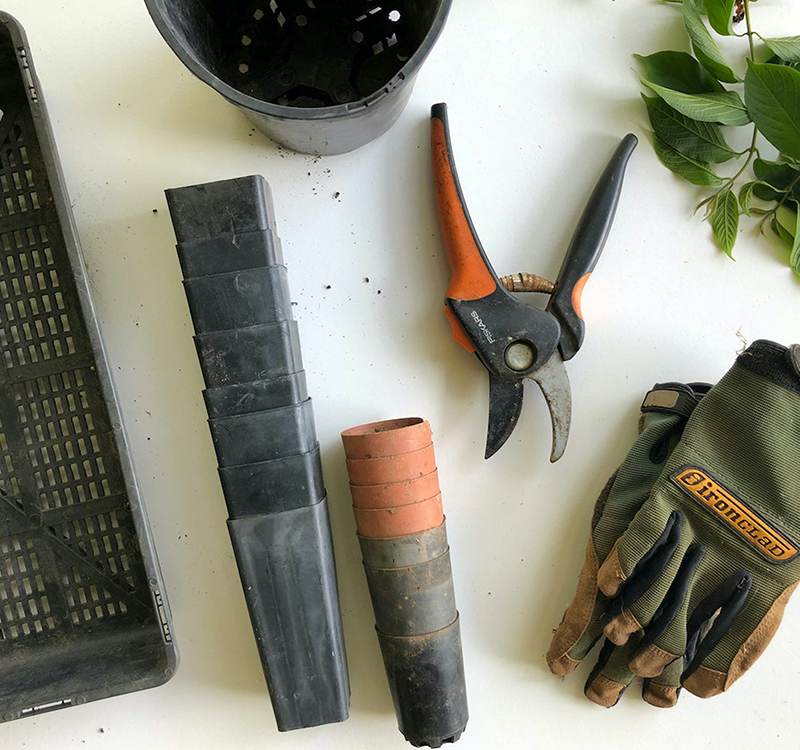
Tips for the seasons:
Spring: For early spring you can plant some Sweet Williams or wall flowers, and now is the time to sow cucumber and carrot seeds ready for planting out in May/June.
Summer: ensure your planters are kept watered and fed throughout the summer months. Dead heading geraniums, petunias and other flowering plants always helps to encourage new growth right through the season.
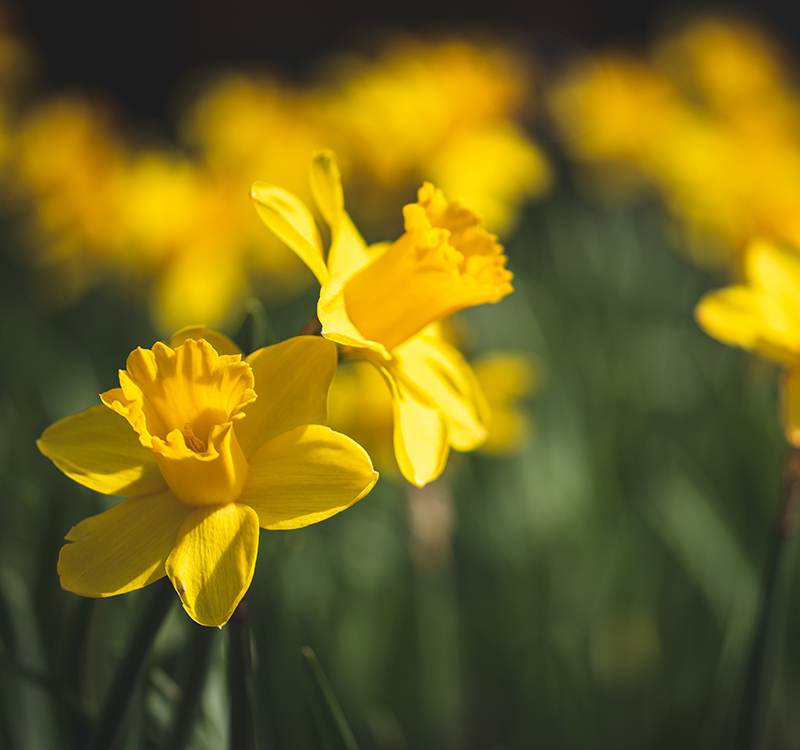
Autumn:If you want your allotment and/or garden to bloom with colour in the spring, autumn is the time to plant daffodil and tulip bulbs in preparation.
Winter: It’s best not to do too much during this time and just allow your allotment and garden to tend to itself to survive frosts. Use this time instead to plan your planters for the spring, and clean your pots and replace tired looking ones.
Read more about gardening and allotment tips and advice on Audley Stories.


